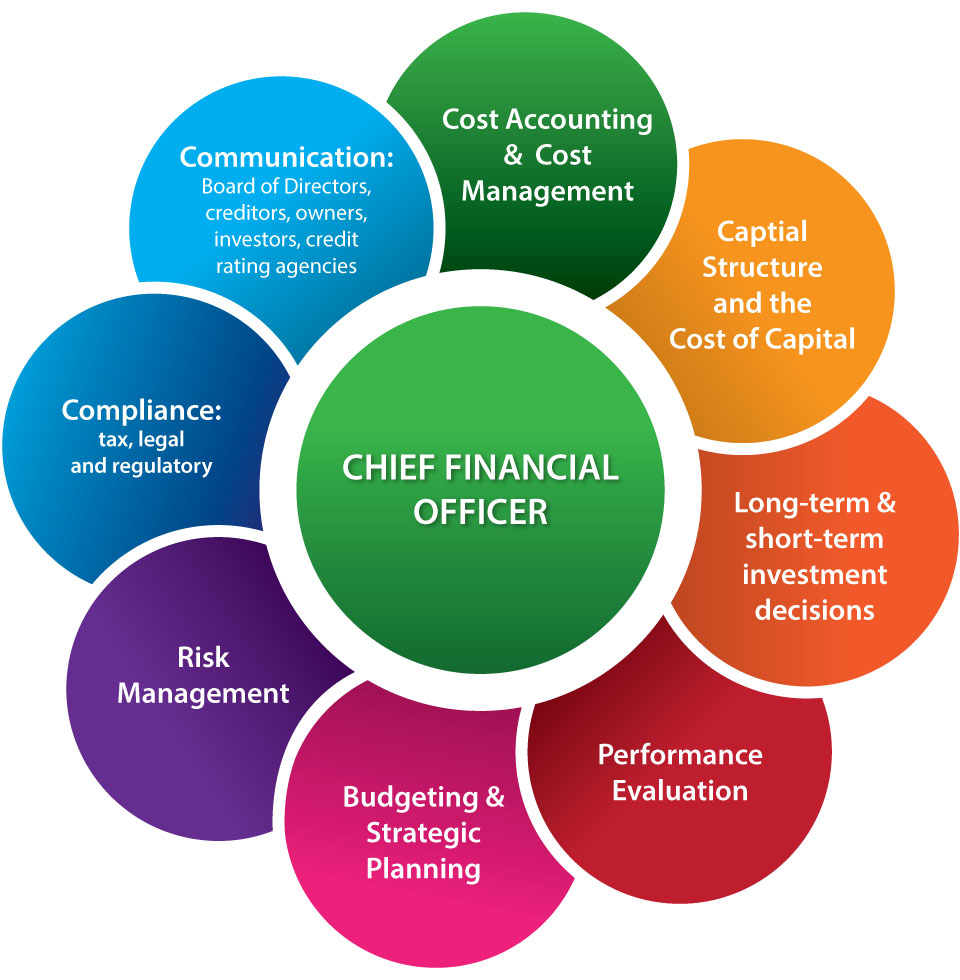

How to Hire the Right CFO
CFOs are integral to a company’s ability to execute its business strategy and your decision on who to hire is crucial. Not all CFOs are created equally. Possessing a working knowledge of accounting and finance is a must, but determining the other skills and attributes your CFO needs are specific to your company.
Starting the CFO Search Process
Your first step to hiring an ideal CFO is to create a precise job description that ideally is in sync with you corporate goals or business plan. This provides the perfect opportunity for you to consider your company’s needs, ensuring that the position fits seamlessly into the organization’s long-term business strategy. Depending on your company, the CFO role can be designed from a variety of perspectives.
As a CEO, what are you looking for in a lead financial executive? Consider your three to five year business plan and what you will need from this department to execute on that plan. Suppose your company needs to purchase & implement an ERP system. Searching for a CFO with the skills and experience to work with other strategic partners in determining project management targets, risk management strategies and, capital allocation methods are pivotal to the project’s success. Do you anticipate the need for a new credit facility in the near future? Maybe even considering raising money from institutional investors? Hiring a CFO with strong finance relationships may be the right direction to take. Your company may need a well-connected CFO rather than a heavy controller to lead it to the next stage in its strategic business plan.
CFOs as Business Partners vs. CFOs as Controllers
Large Company CFOs
CFOs who operate from a high level are true business partners and tend to be involved in little to no day-to-day financial debits and credits accounting. While they usually have a strong background in overseeing all finance and accounting functions, they are best utilized at companies with adequate accounting teams that manage daily operations. Their experience lies in driving business to the organization, M&A activities, raising funds, managing investor relations, facilitating road shows for stock issuances, etc., which are vital to an organization’s growth. They are strategic and forward thinking in their approach to solving business problems. Even more importantly, they are capable of analyzing the company from all angles, and their influence extends well beyond the finance department.
Tip: If your company is considering an IPO or if you are considering selling your company to an SEC filer you could benefit from hiring a CFO who has experience working with the SEC (Securities and Exchange Commission) and investors. A CPA designation and public accounting experience are both excellent pre-requisites for a candidate seeking to serve in this capacity. Transitioning from a private to a public company is a tricky proposition, so hiring a CFO candidate who is familiar with it enough to help prepare for and curb common pitfalls is a good idea.
Mid-Sized Company CFOs
In general terms many mid-sized companies will not deal with stock issuances, so an ideal CFO may not require that level of experience. However audit firm selection & management, investor relations, sophisticated reporting, and/or experience with private equity or venture capital firms are all invaluable. As with large companies, a strategic mindset is essential, but a CFO of a mid-sized organization must also be able to recognize issues such as a need for enhanced financial reporting and be willing to contribute. Flexibility is important as there can be a cross-over among the types of duties he is expected to perform. Acting as a business partner and handling some of the day-to-day financial matters can be tricky, so hiring a candidate who has proven experience juggling a range of duties is essential. Candidates with public accounting or banking in their backgrounds are likely to fit this profile.
Small Company CFOs
Small companies are typically limited on staff, and the CFO’s position is similar to that of a controller. It is a very hands-on role. While the job requires a high degree of autonomy, the owner is usually very involved in the business and may even manage some banking or investor relations himself. Some common experience to look for in a candidate is strong financial reporting experience including cash management, oversight of month-end close, proven experience leading the budgeting process, insurance & benefit relations, accounting firm relations, etc.
CFOs for small companies manage the day-to-day financial operations and spend a large amount of time looking back as opposed to looking forward. Their background frequently consists of rising through the company ranks as a controller.
CFO Experience
Tip: If you need a CFO to fulfill the role of a strategic business partner, ensure the experience is a match. Find out the contributions the candidates made to companies in the past. These contributions should drive the company forward as a whole and show the complex nature of the positions in which he has worked. If you need a controller-type CFO, look for more experience with hands on daily financial management. Most of this candidate’s daily activities will be centered on the accounting and finance department.
Communicating With a Potential CFO
Once you summarize and detail your organization’s strategic needs and you develop a profile of your ideal CFO, you are ready to begin the process of speaking to the right candidates. When you are reviewing resumes and conducting interviews, remember to focus more on what’s key to your business than a candidate’s title history. Ask questions to get a feel for what the candidate’s typical work week/month/quarter looks like. Asking specific questions regarding experience and continuing to ask for examples will help you obtain a better understanding of their overall job functions and the value they will bring to your company.
Ready to discuss the recruiting or job search process? Drop us a note!
"*" indicates required fields

